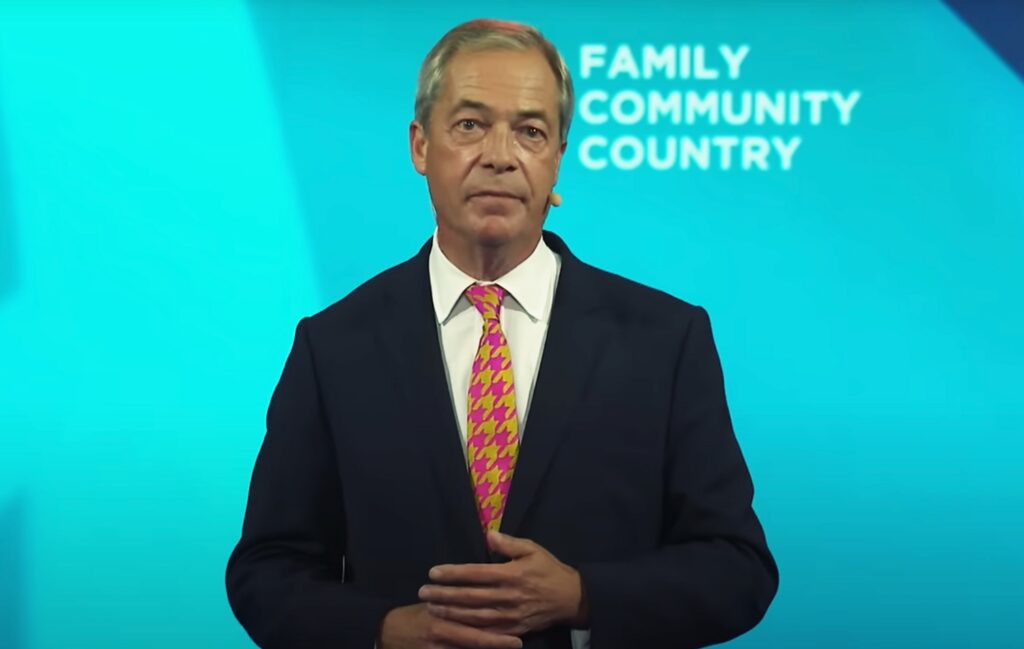Right-leaning UK newspapers provide some of the least scientifically accurate coverage of climate change among outlets analysed in a new study, with the Daily Mail and Telegraph “well behind the curve”, according to one of its authors.
Researchers at the Technological University of Munich, the University of New England, and the University of Colorado Boulder looked at nearly 5,000 articles published between 2005 and 2019 in 17 print media outlets in the English-speaking world.
For the UK they analysed hundreds of articles in the Guardian and Observer, the Daily Mail and Mail on Sunday, the Daily Telegraph and Sunday Telegraph, and the Times and Sunday Times.
The study, published on Tuesday in the journal Environmental Research Letters, found that in all 17 outlets across the UK, US, Canada, Australia, and New Zealand, 90 percent of climate coverage was accurate.
But the study also found “consistent evidence of polarization” in UK newspapers, with some of the study sample’s best and worst coverage of climate change – and the least accurate coverage occurring in “right-leaning” sources.
The study only looked at coverage up to 2019 and further improvements in accuracy of climate change reporting may have taken place since.
Varying Accuracy
The study found that 72.5 percent of the Daily Mail and Mail on Sunday’s coverage was accurate, which the researchers said was “statistically significantly worse” than the average across all outlets analysed.
The only other outlets that received this verdict were Australia’s Daily Telegraph and Sunday Telegraph – owned by Rupert Murdoch’s News Corp Australia and unrelated to the UK Telegraph titles – and Canada’s National Post.
Coverage in the Telegraph and Sunday Telegraph was 81.4 percent accurate, putting it among the least accurate of the outlets, though researchers said it was not statistically worse than average.
The Times and Sunday Times’s climate change coverage was accurate 88.6 percent of the time. Out of all 17 outlets, the Guardian and Observer had the largest number of articles in the study, along with the most scientifically accurate coverage of climate change, at 95 percent.
In the period of 2005 to 2019, Daily Mail and Mail on Sunday ran 80 pieces on climate change, compared to 520 in the Guardian and Observer. The Telegraph and Sunday Telegraph ran 129 pieces, while the Times and Sunday Times published 271 pieces.
Lucy McAllister, lead author of the report, said: “We find consistent evidence of polarization in media coverage in the UK, with both the most and least accurate sources in our sample being UK-based.
“In particular, left-leaning sources such as the Guardian and Observer have some of the best coverage across all the countries we studied, while right-leaning sources such as the Daily Mail and Telegraph are well behind the curve.”
She added: “There are many debates to be had about how we respond to the climate crisis, but it is irresponsible to report the facts inaccurately.”
The Mail and Telegraph did not respond to a request for comment.
Subscribe to our newsletter
Stay up to date with DeSmog news and alerts







